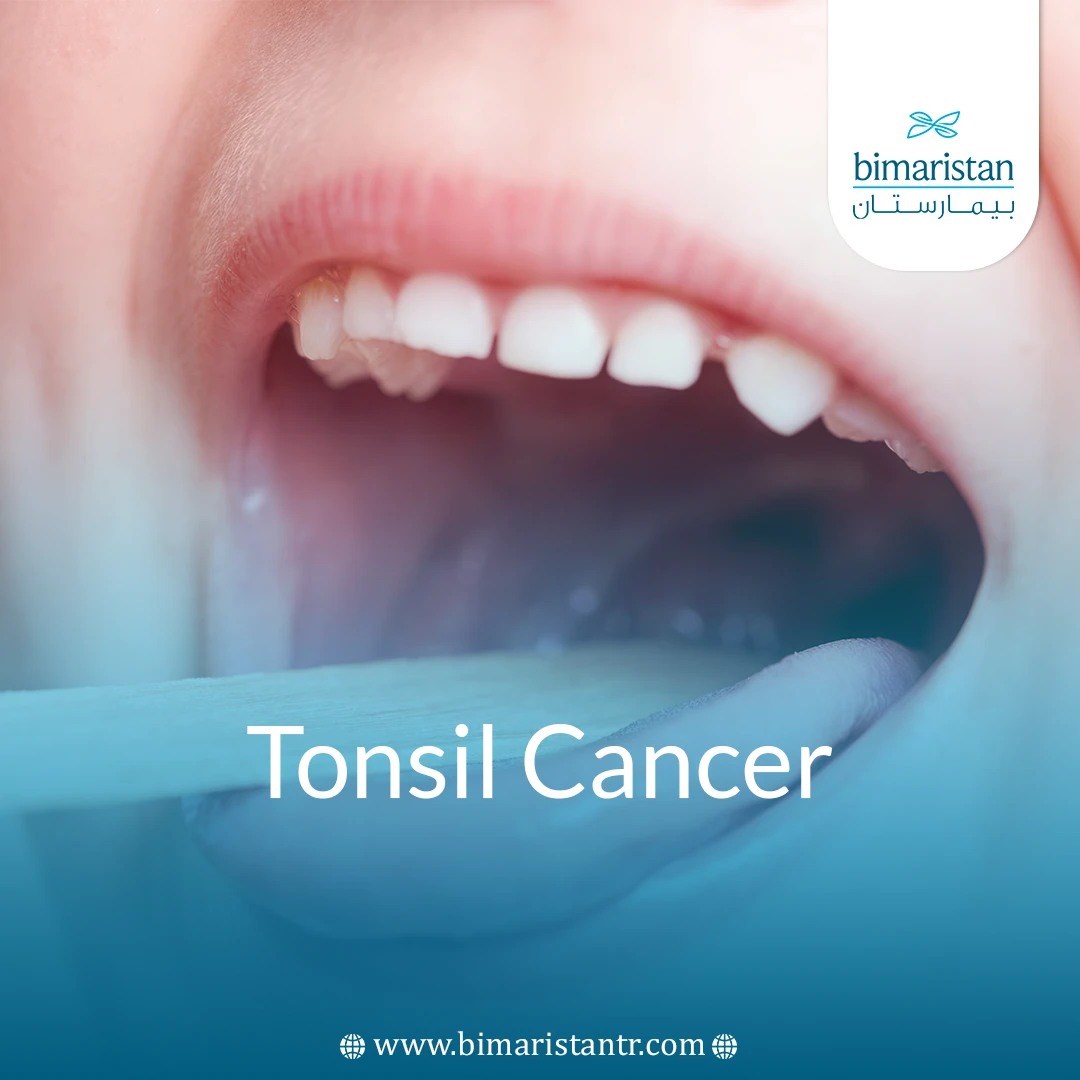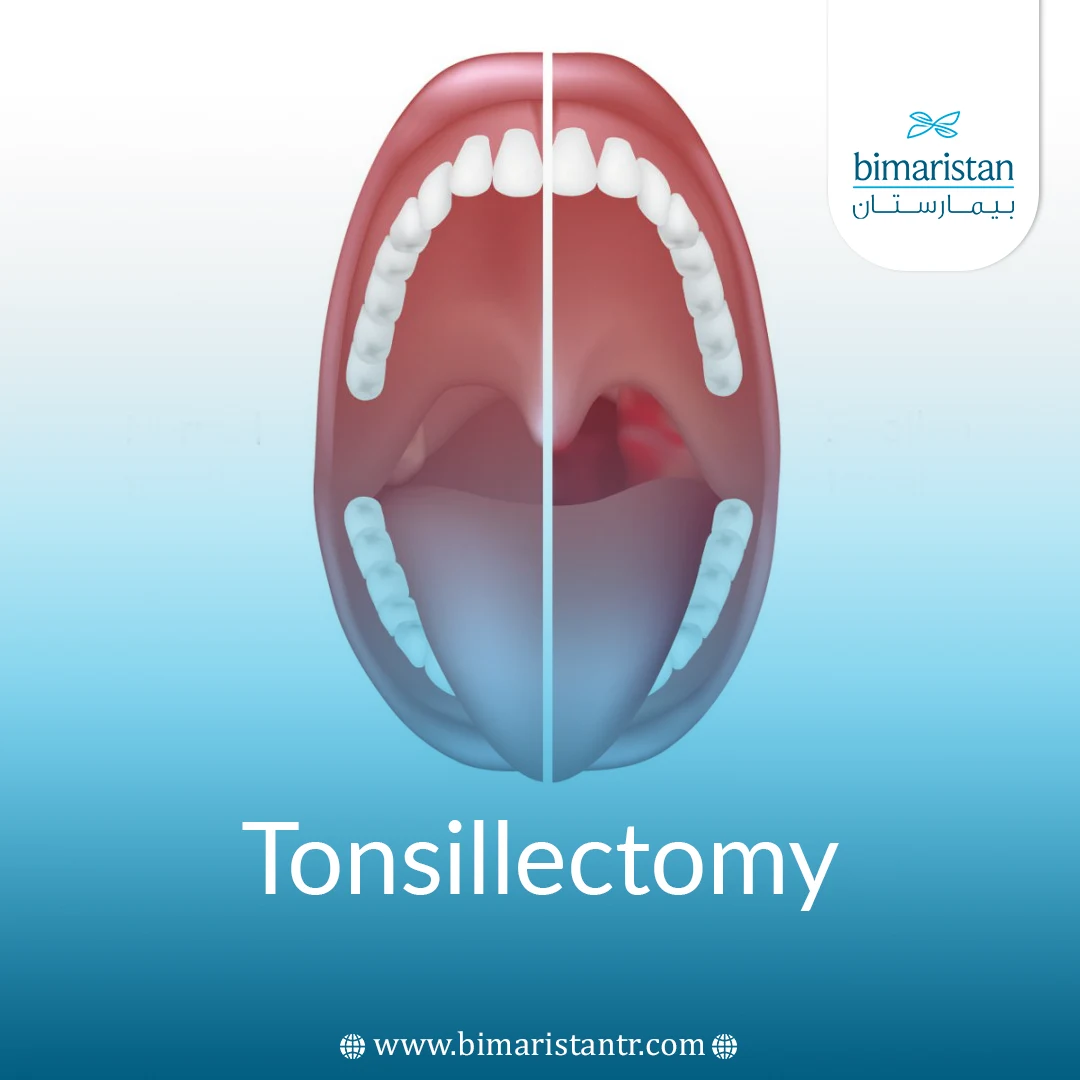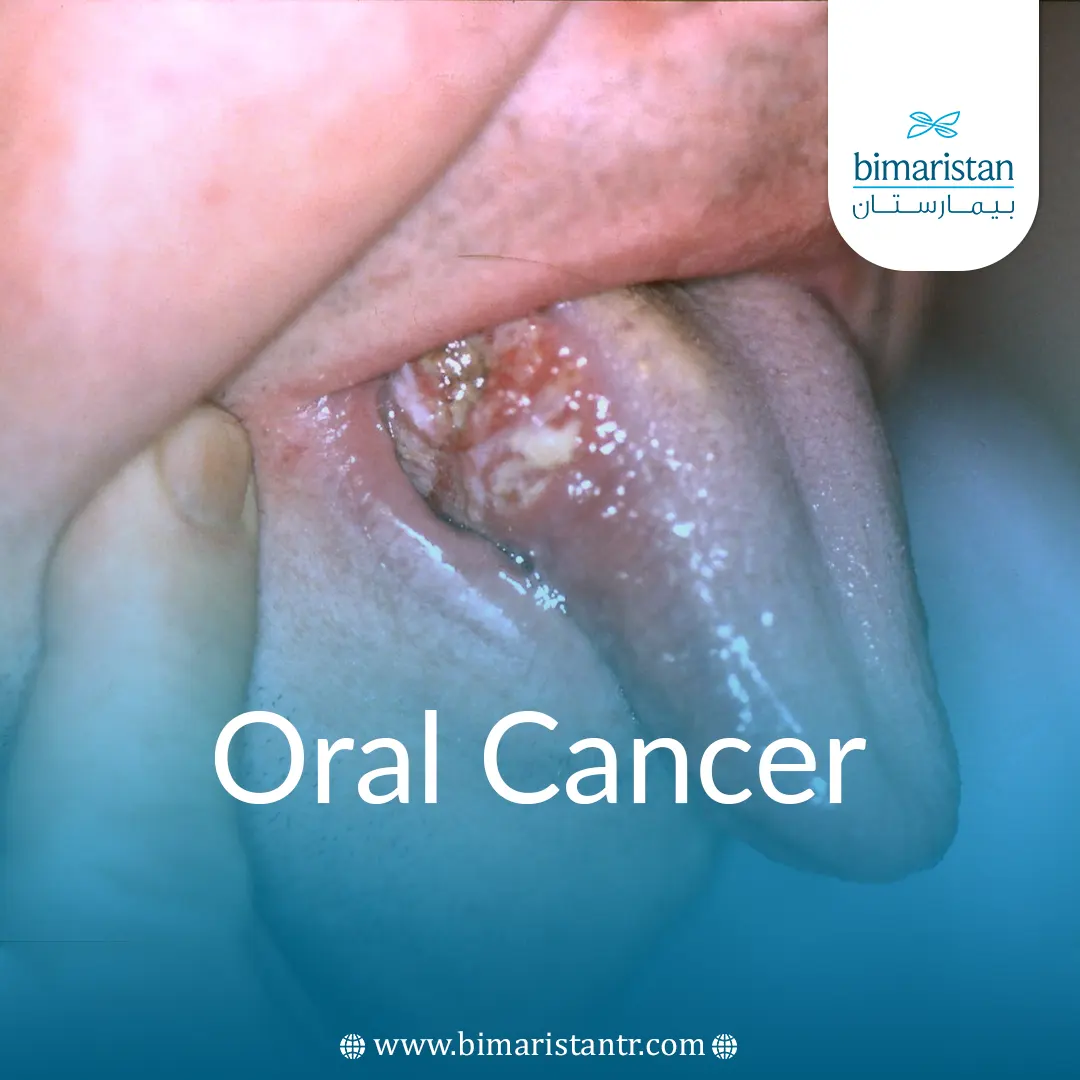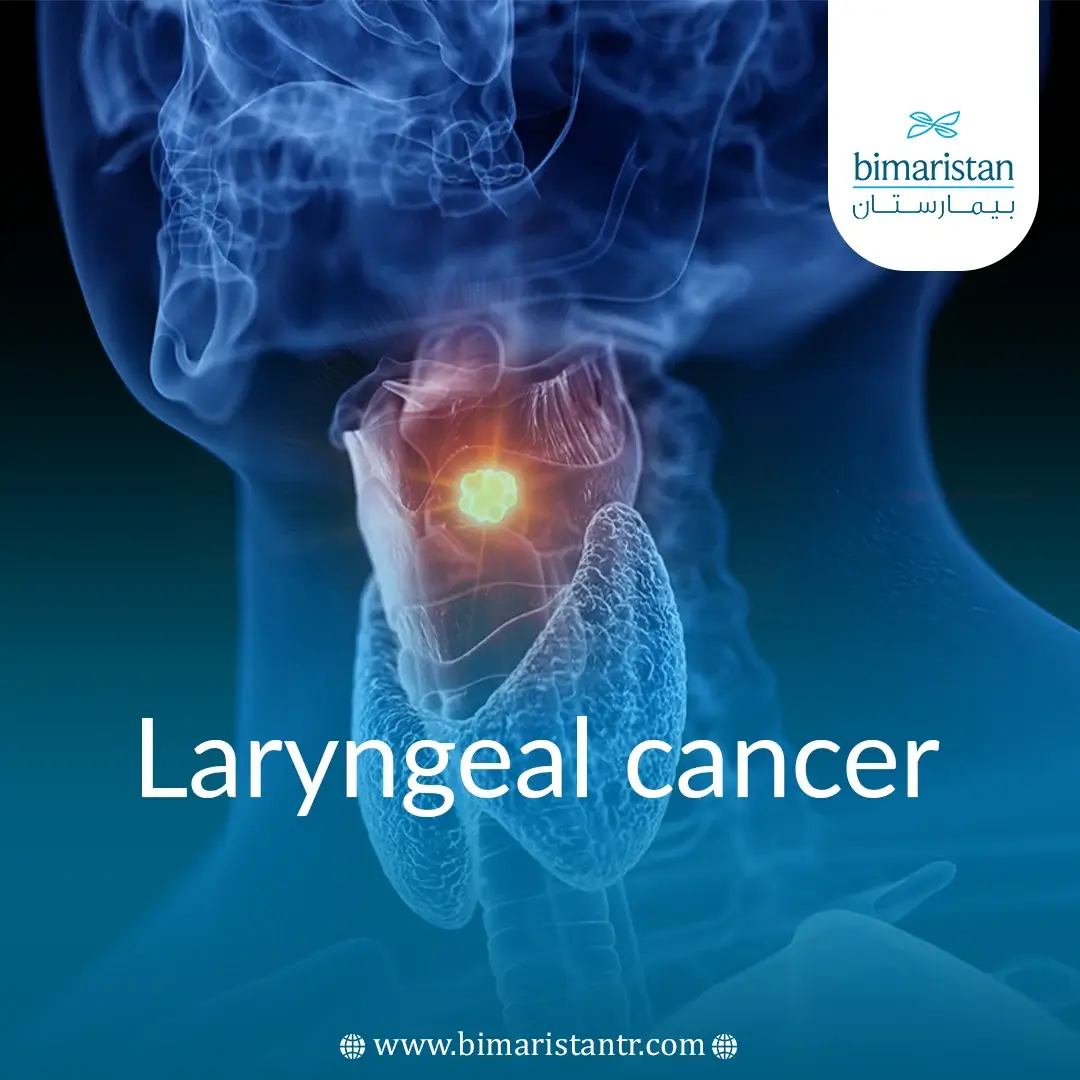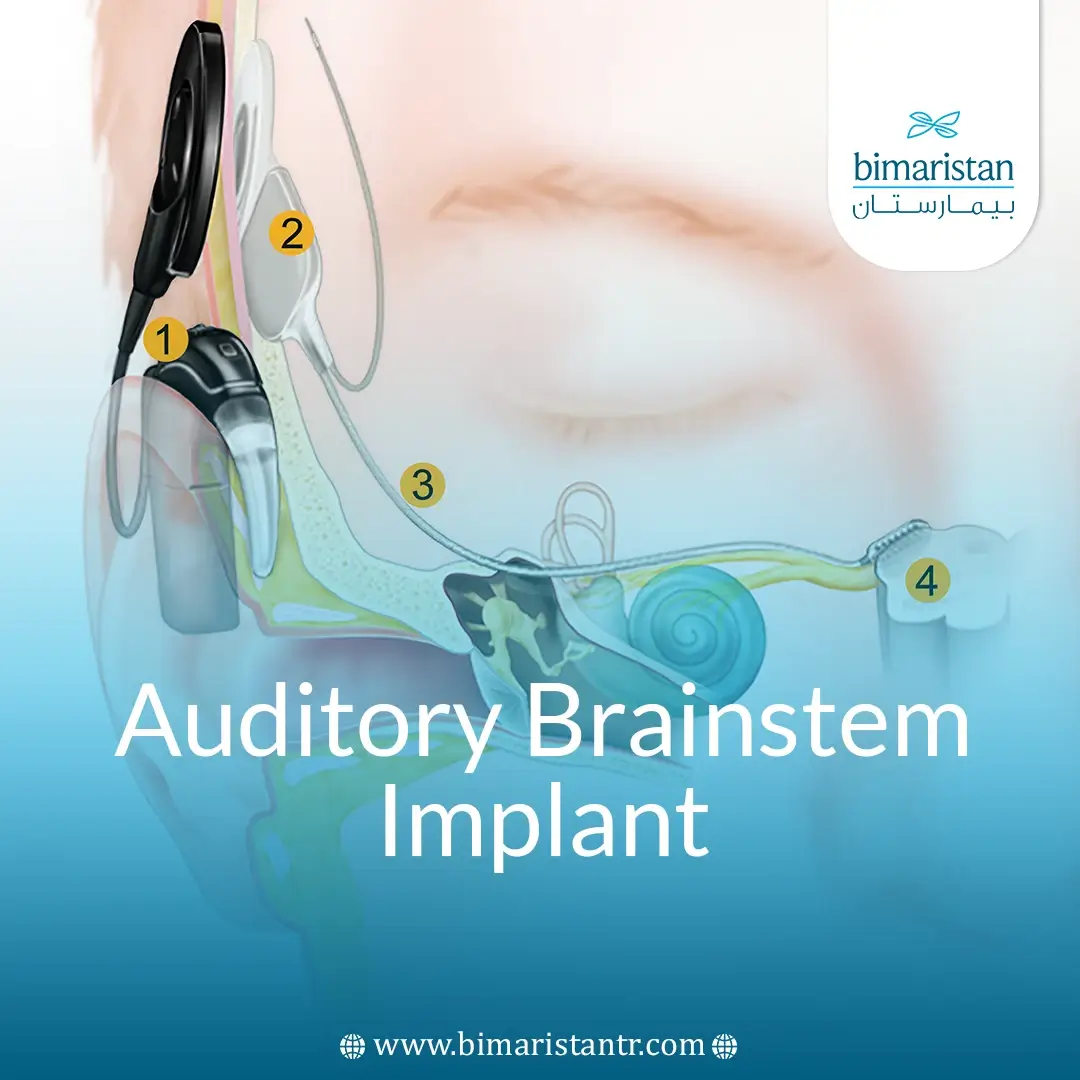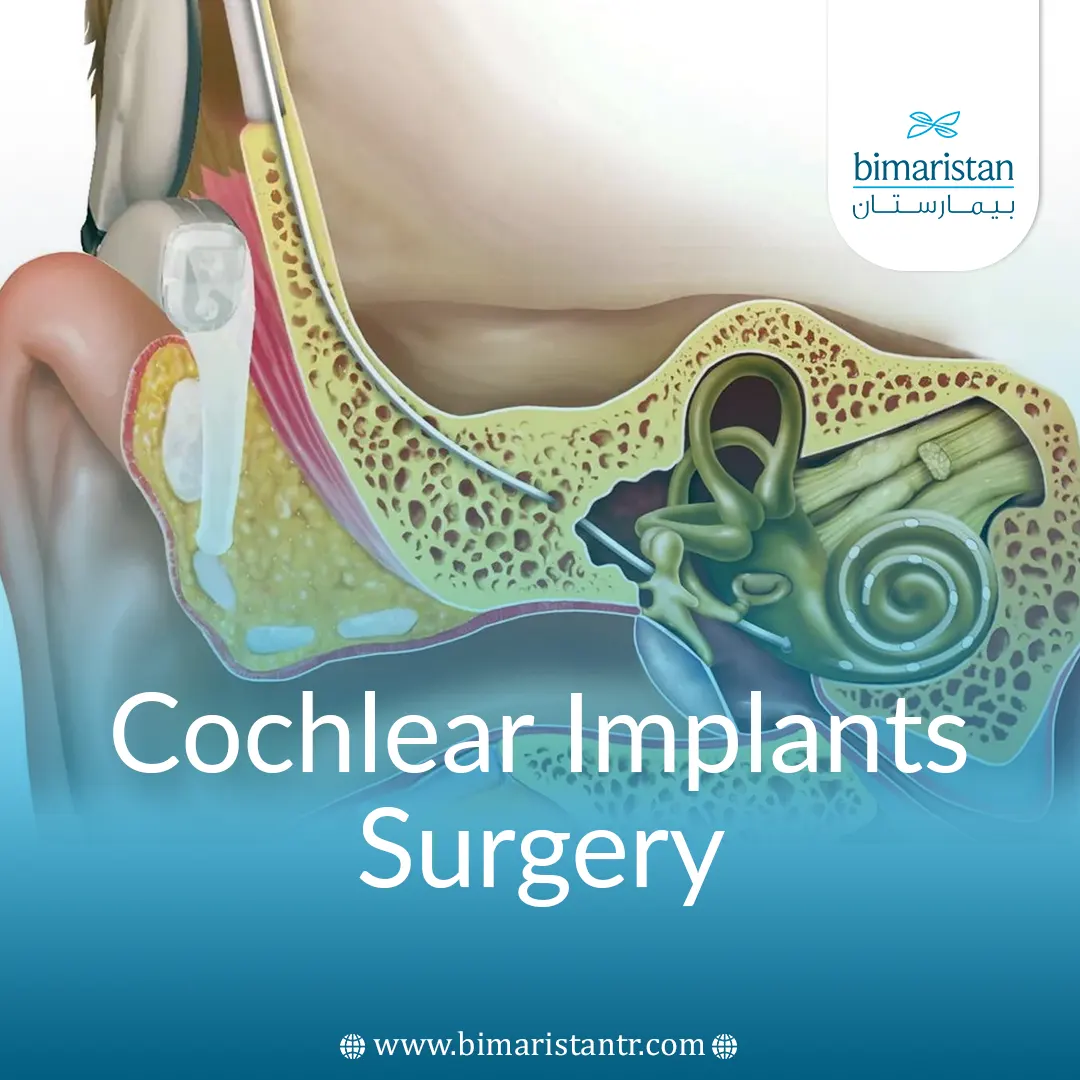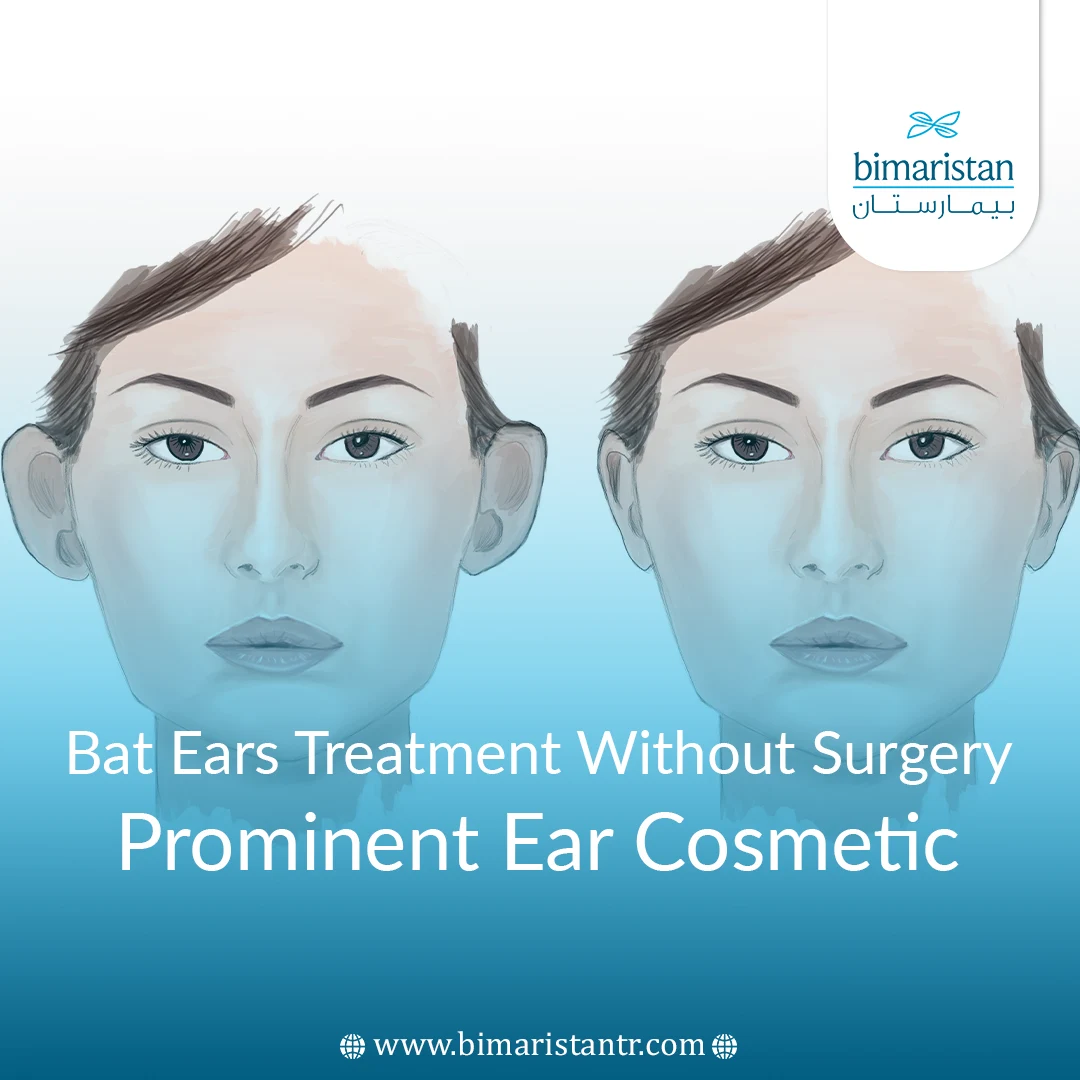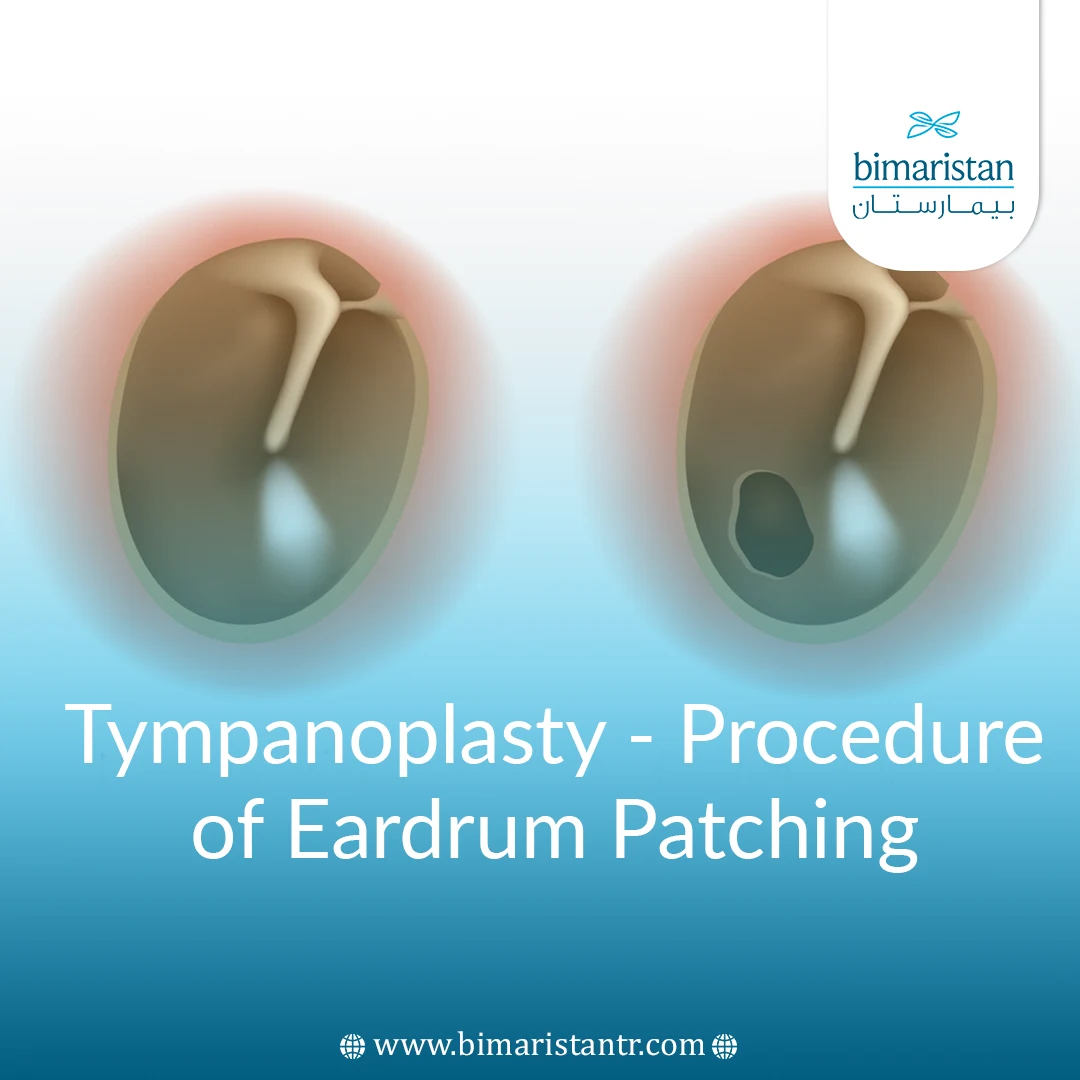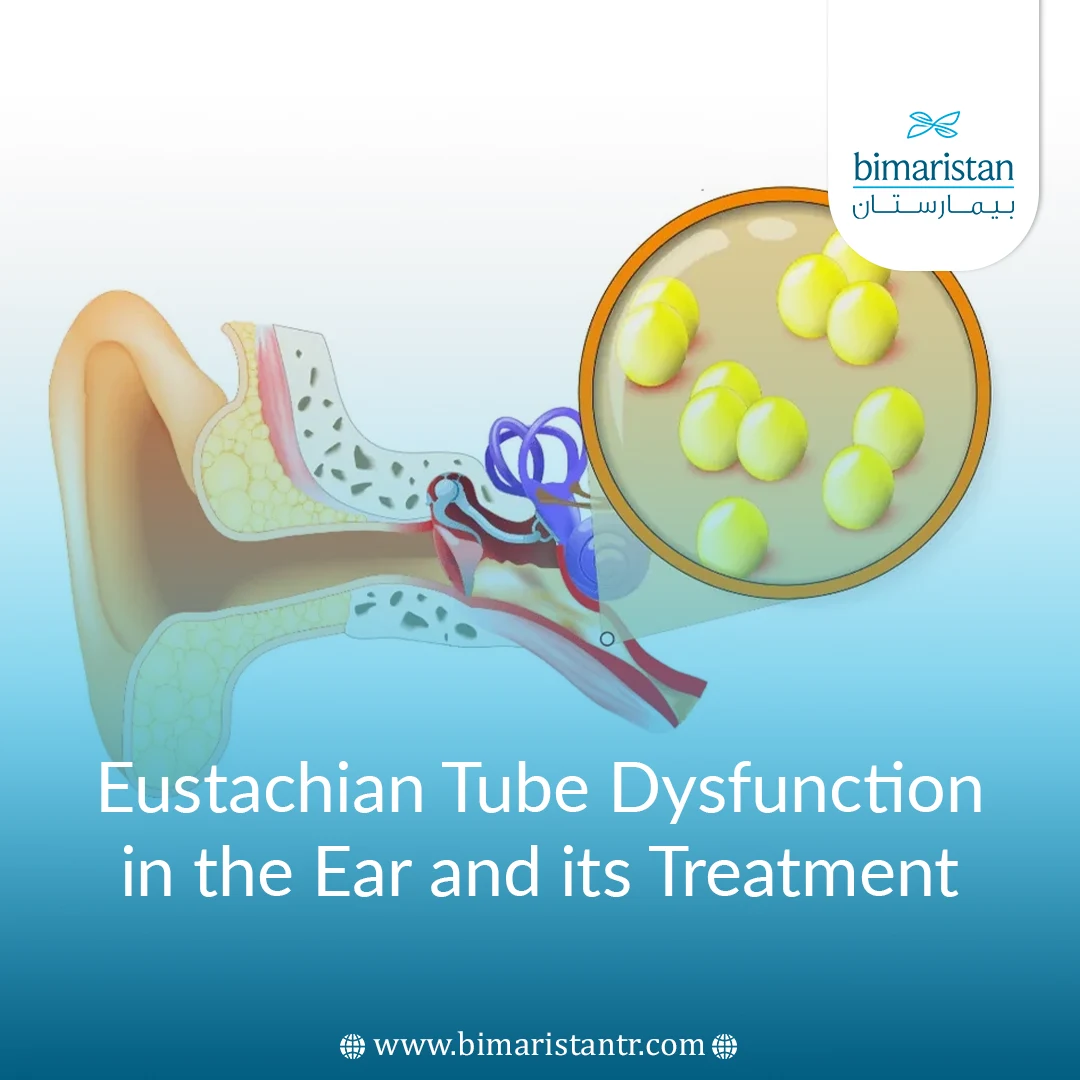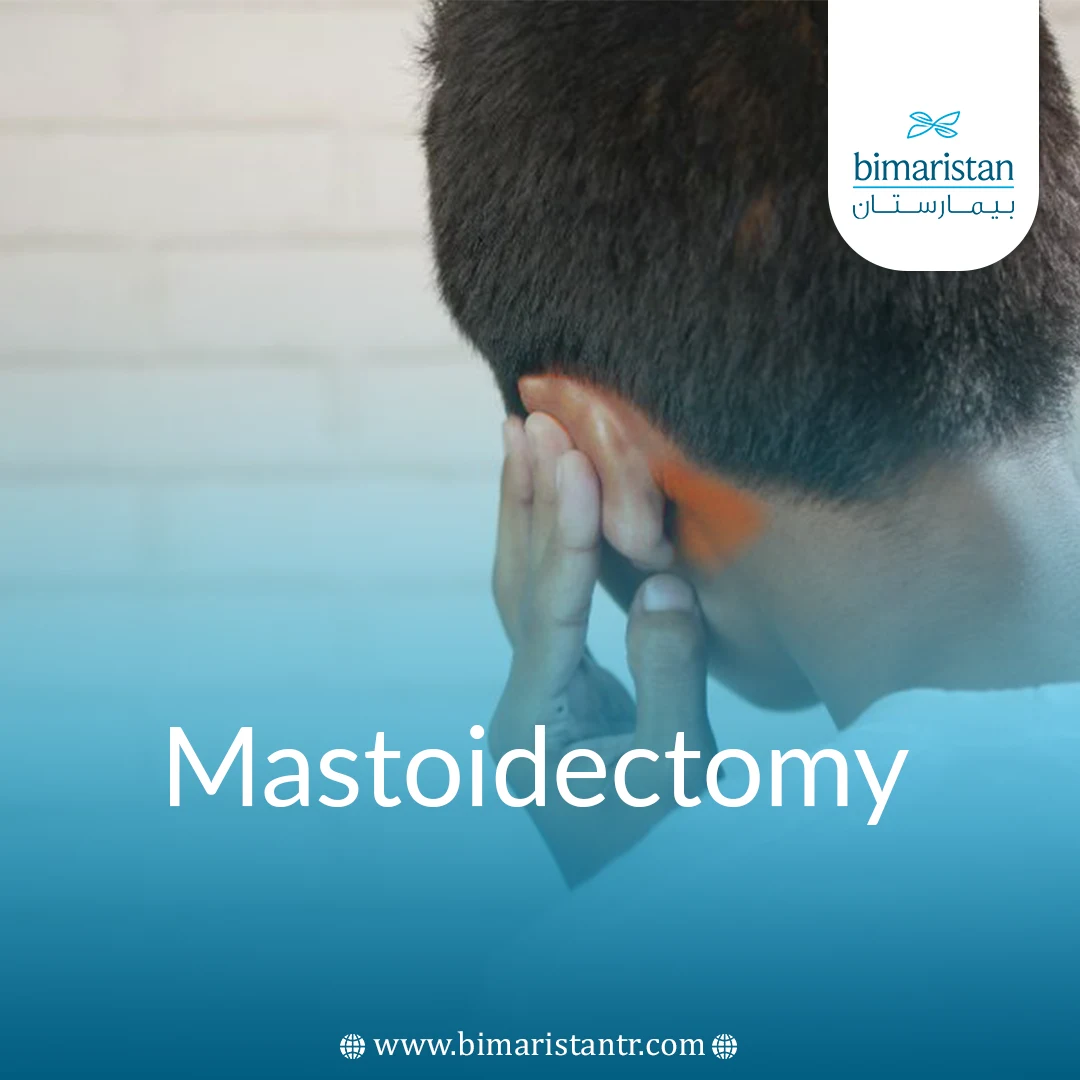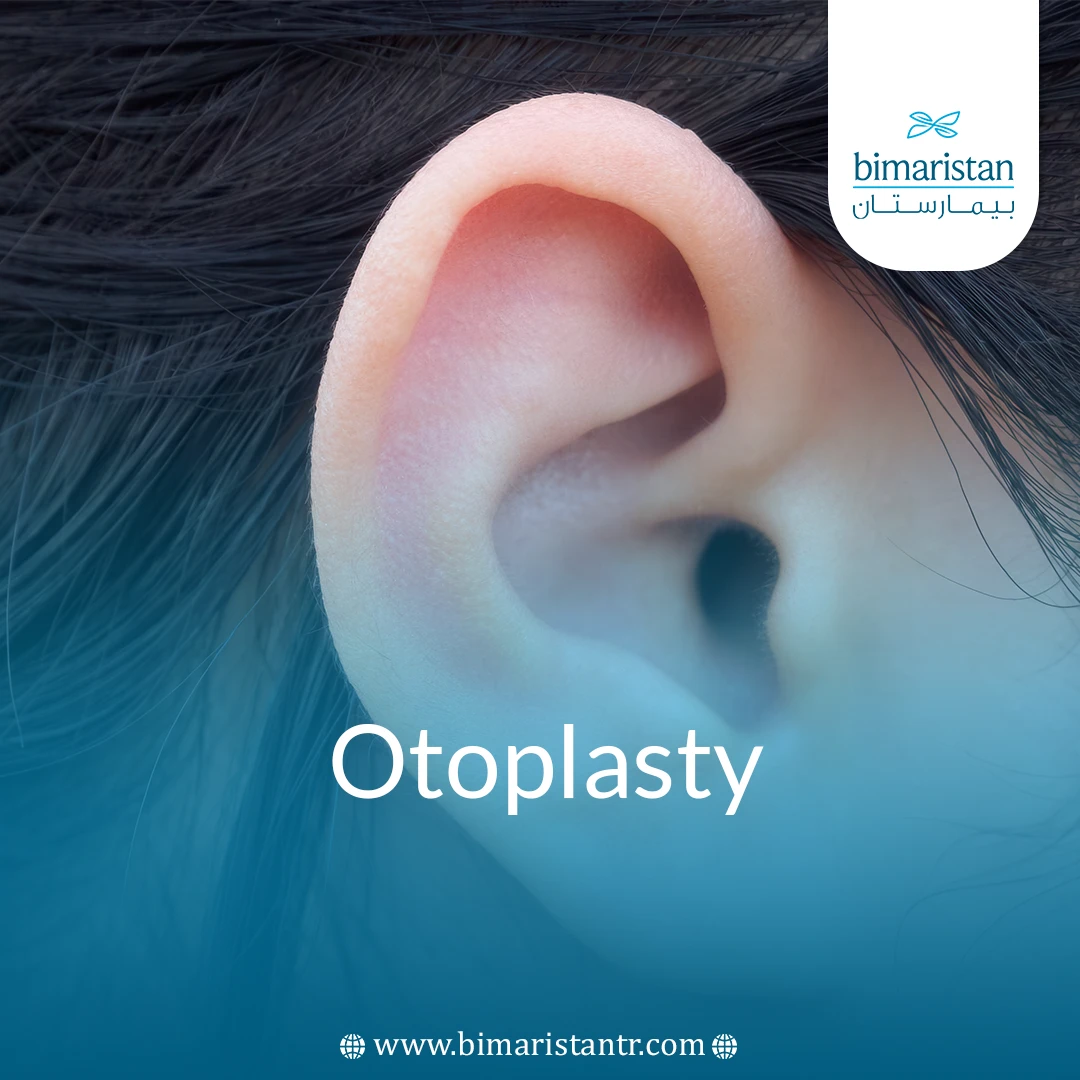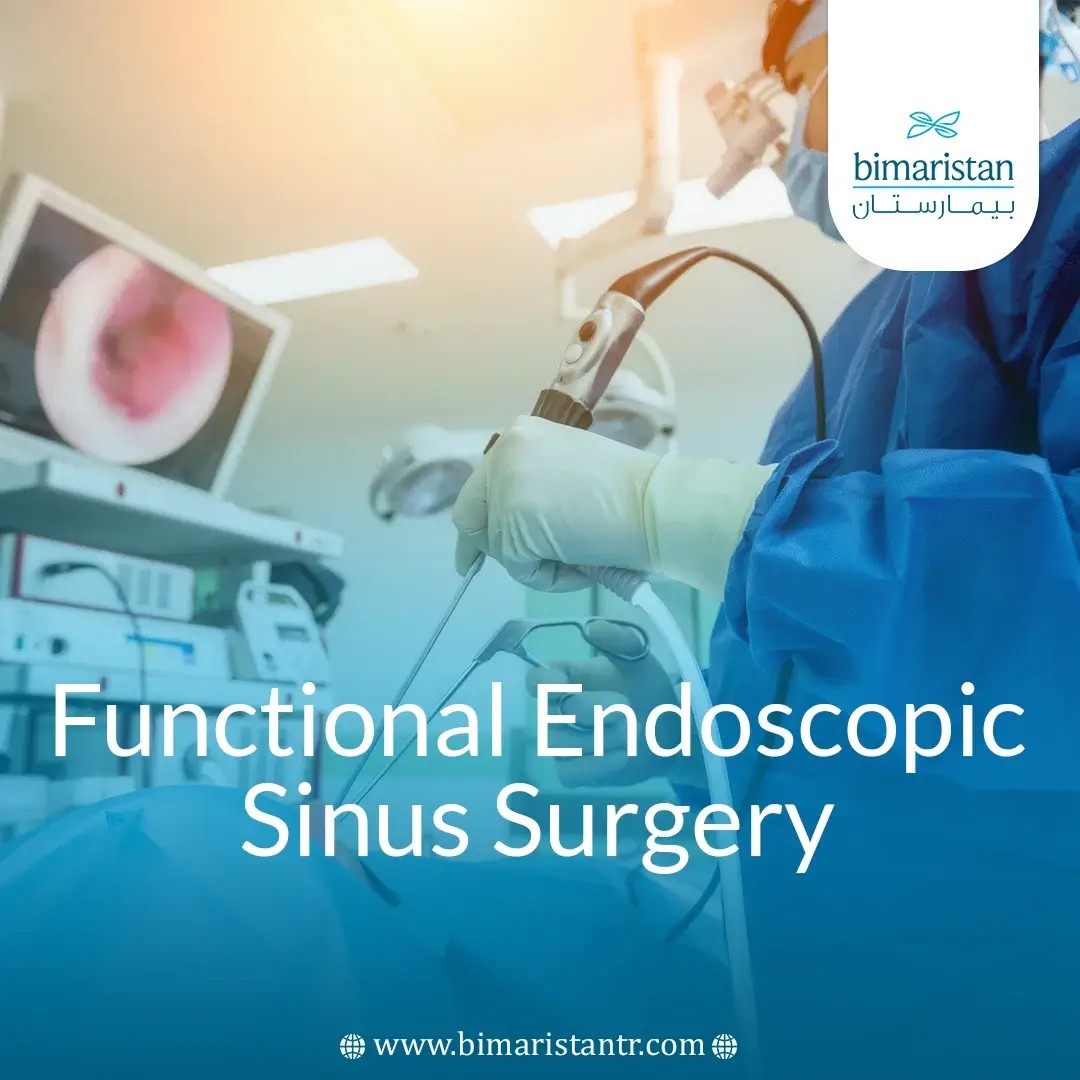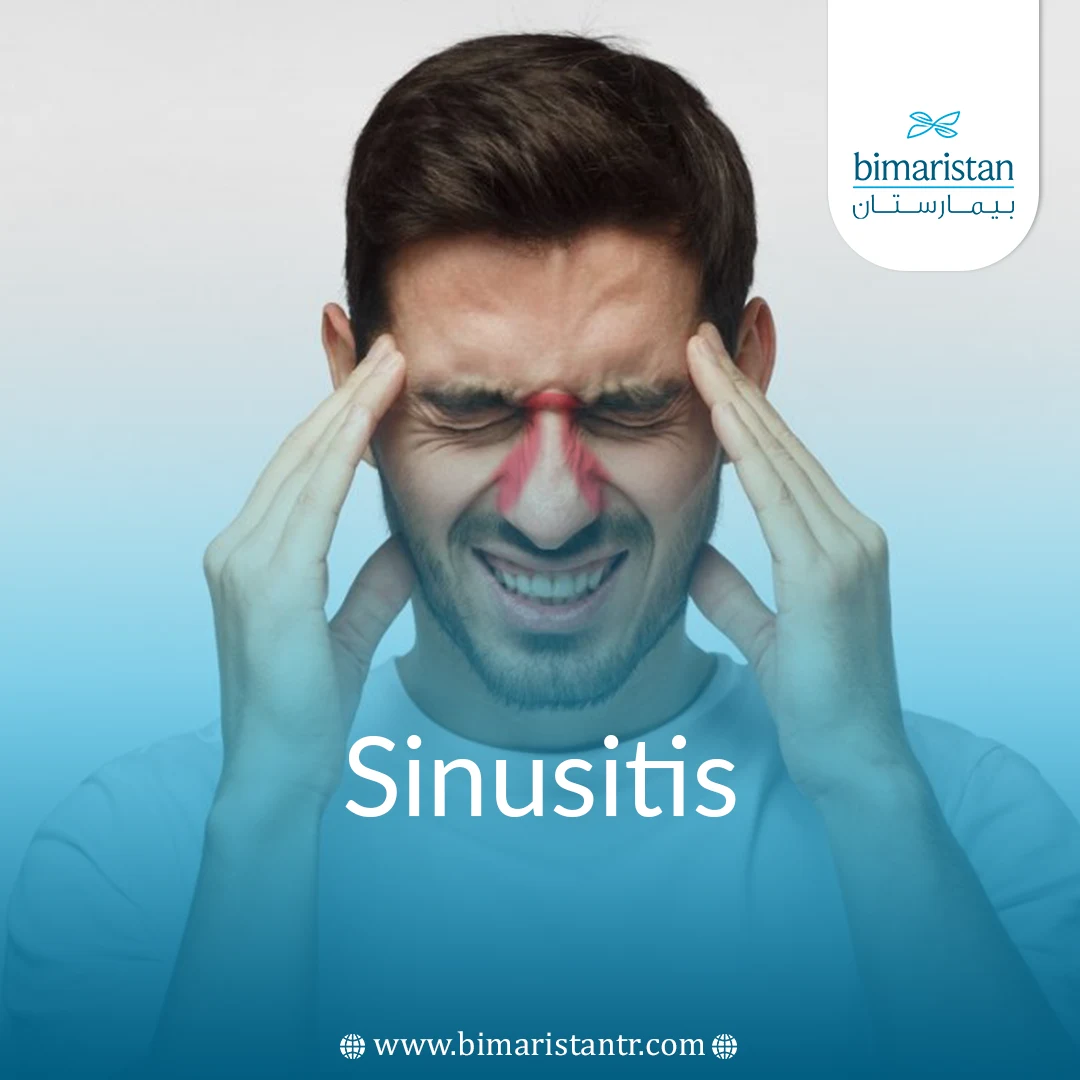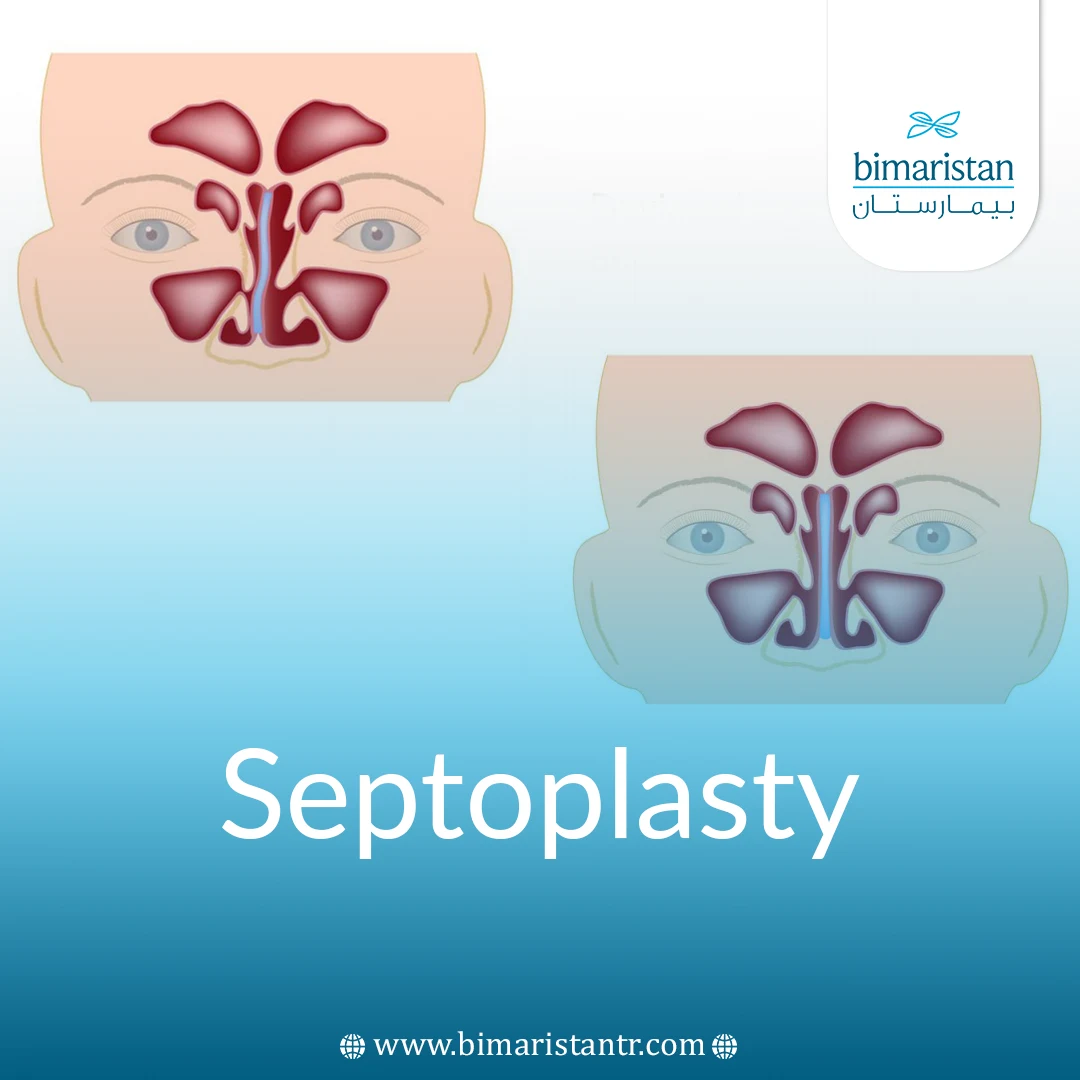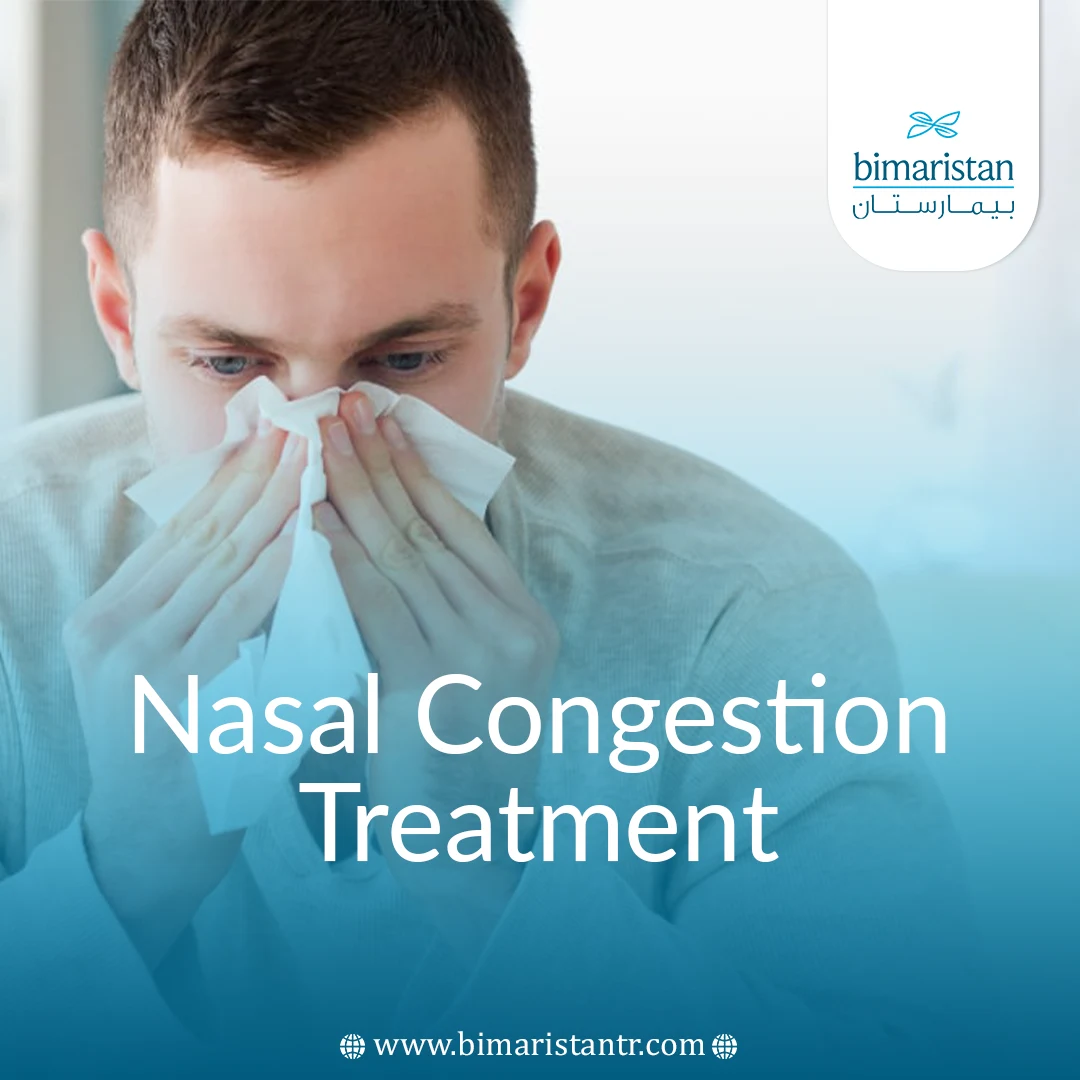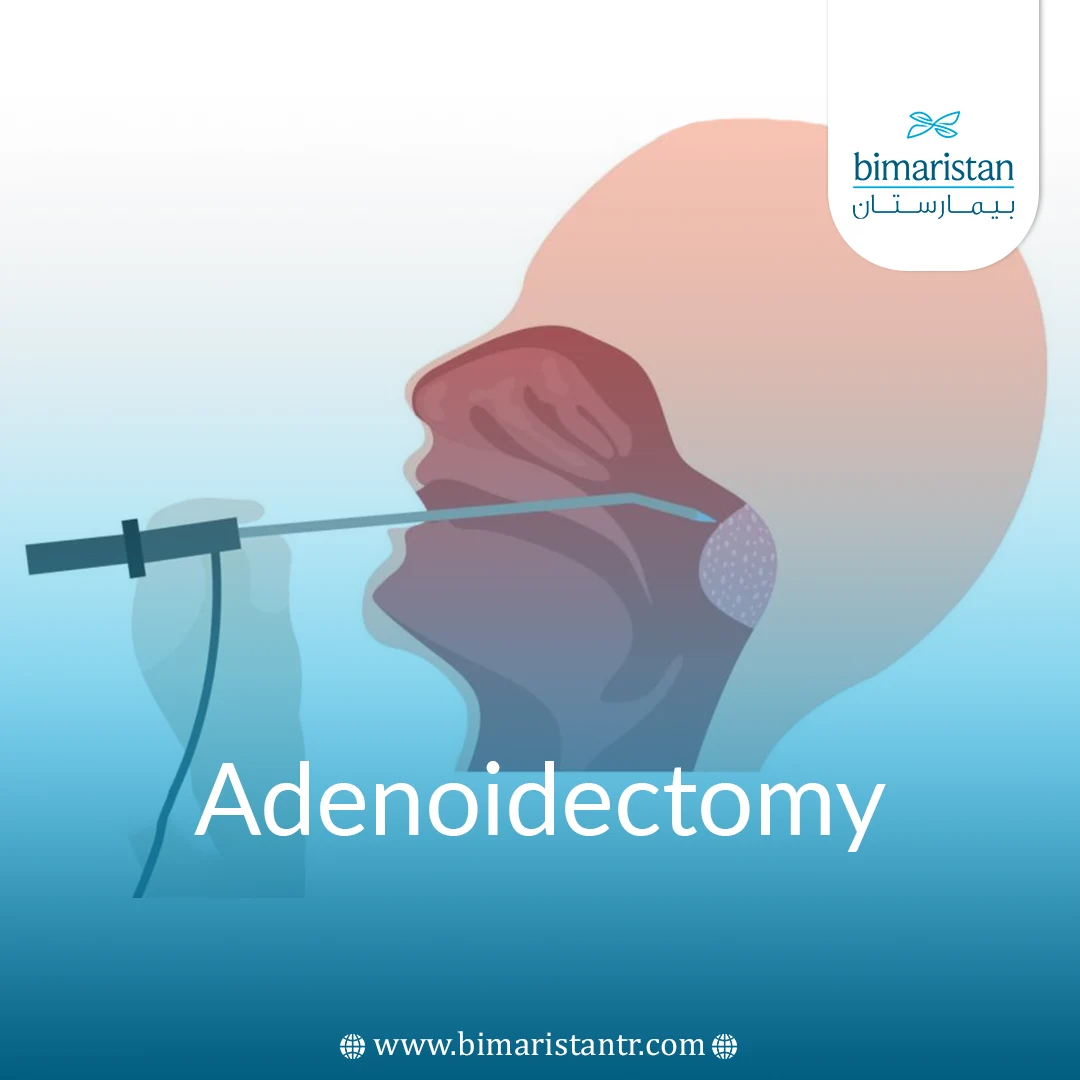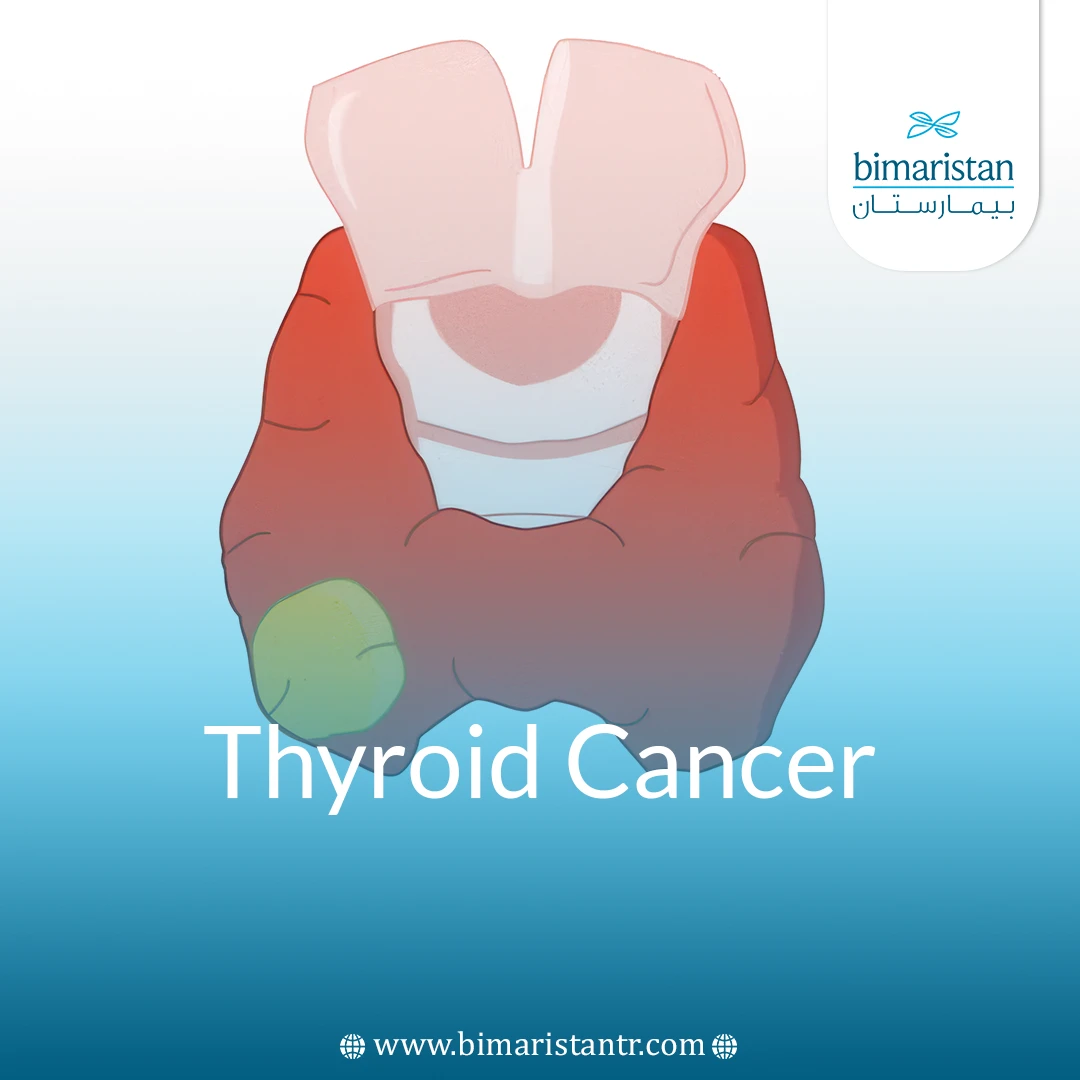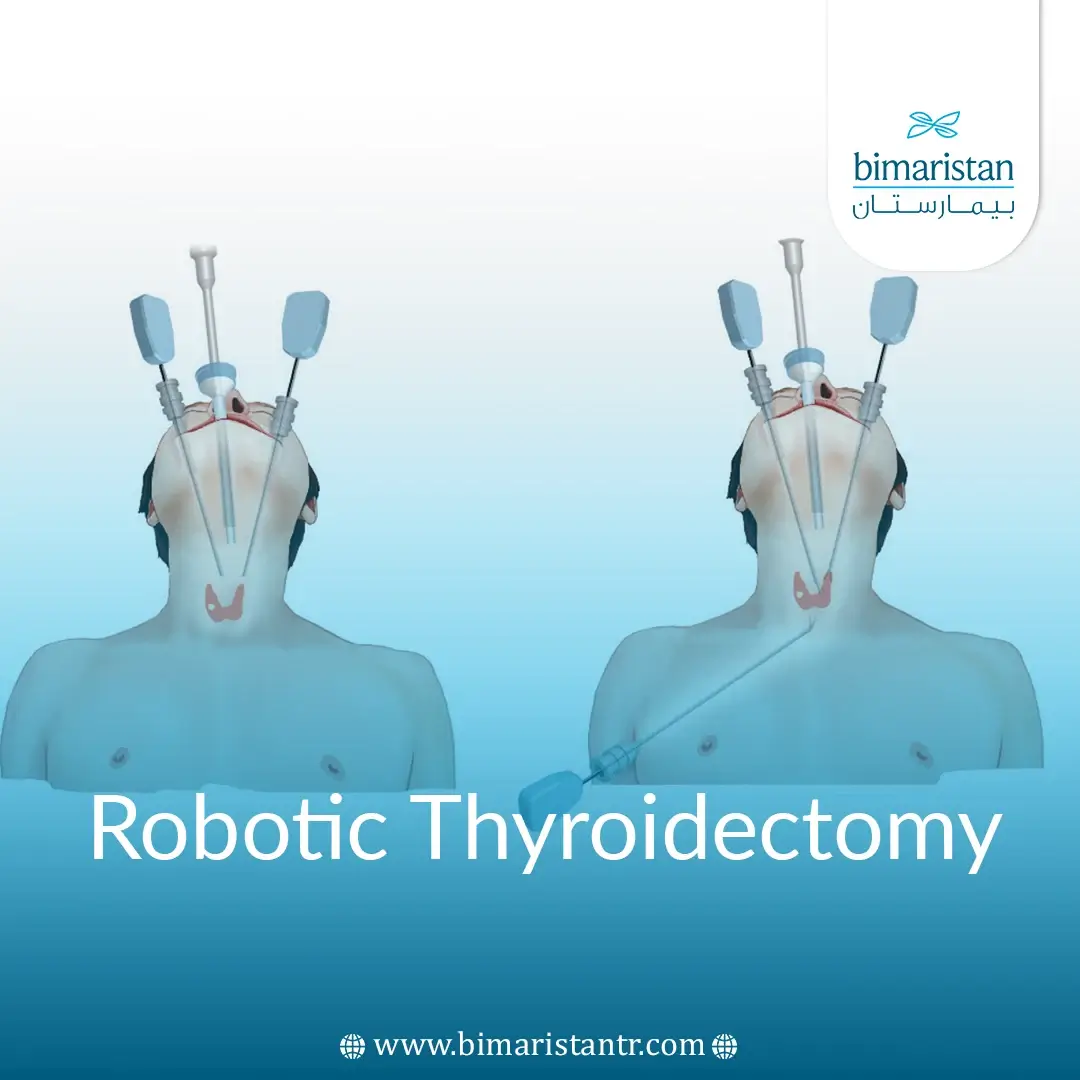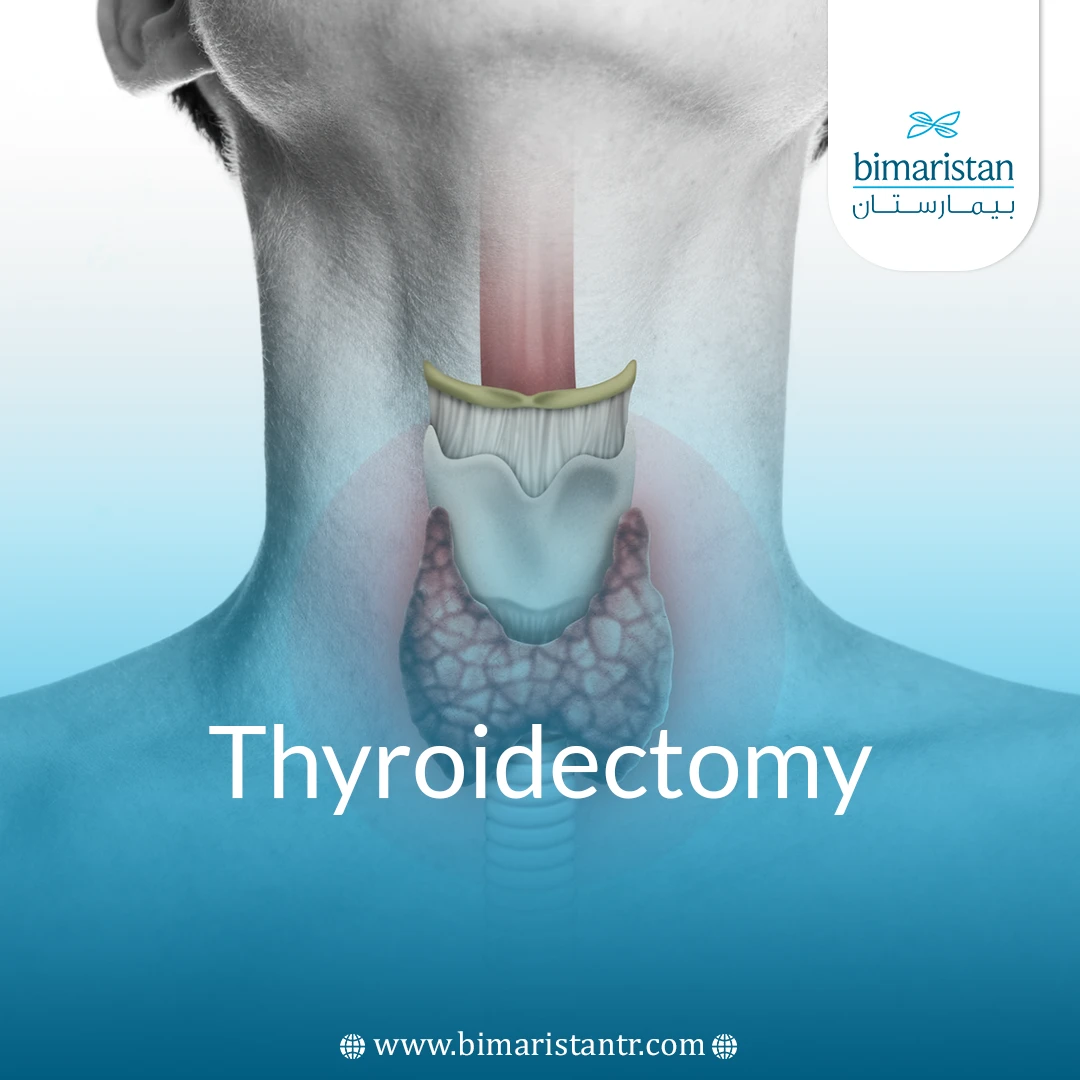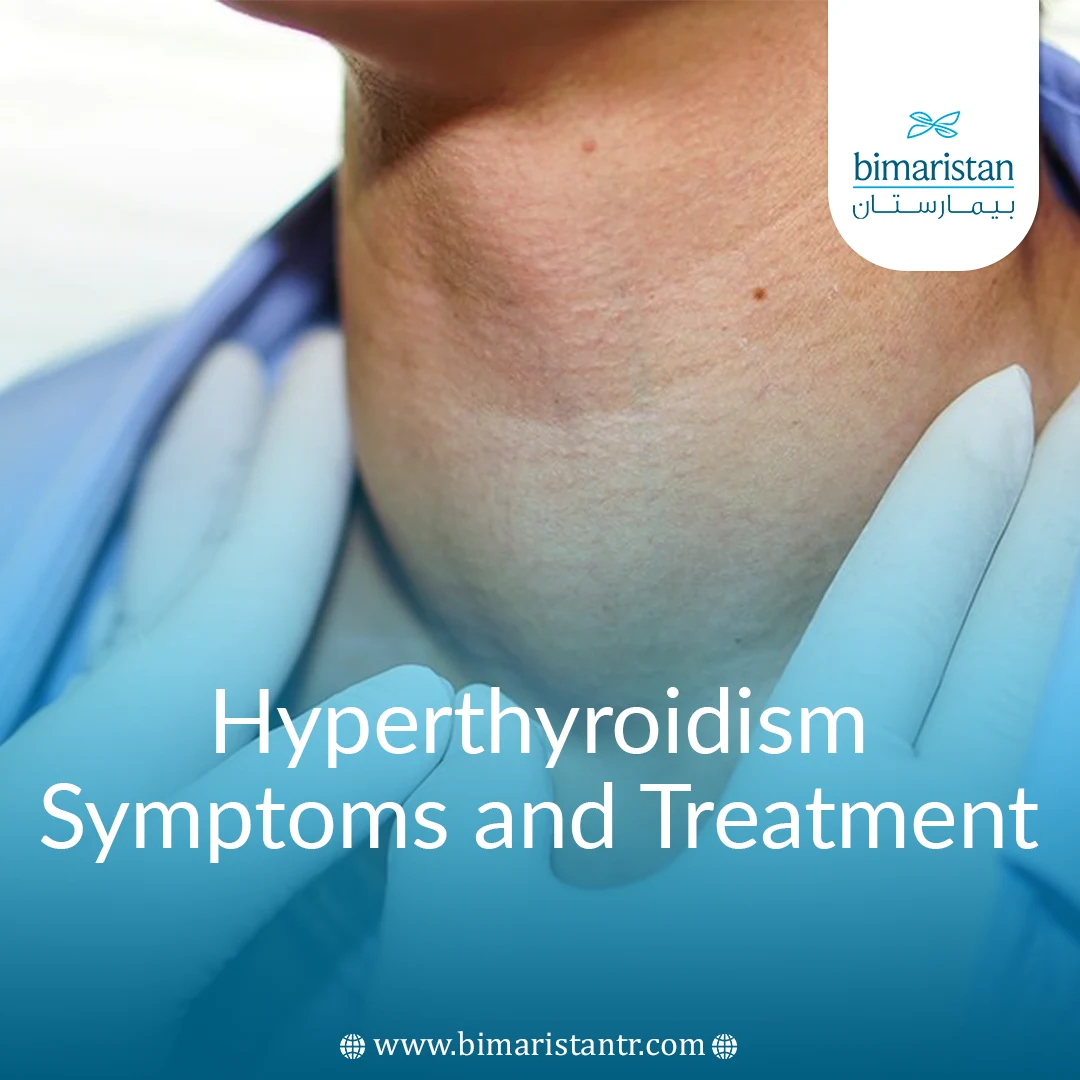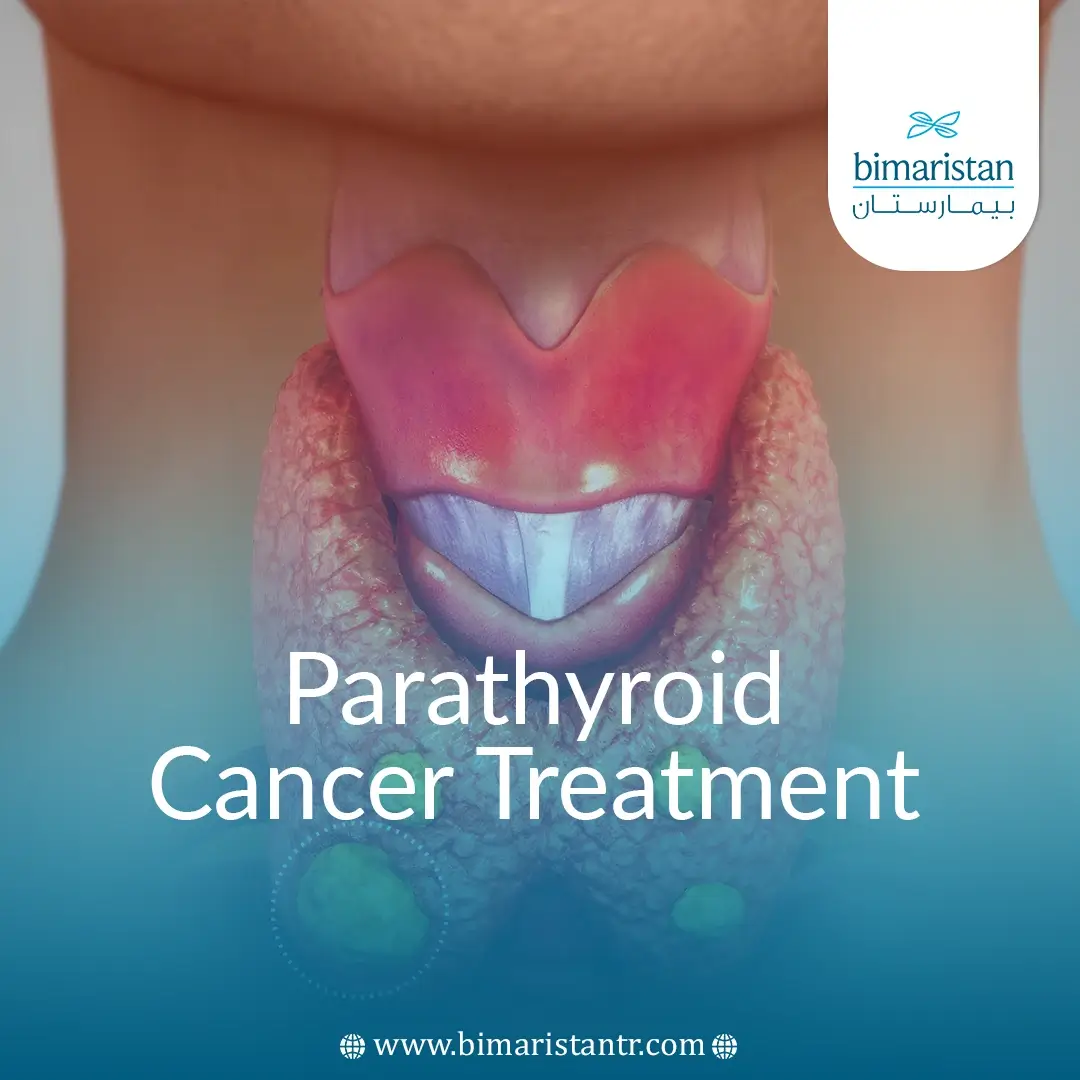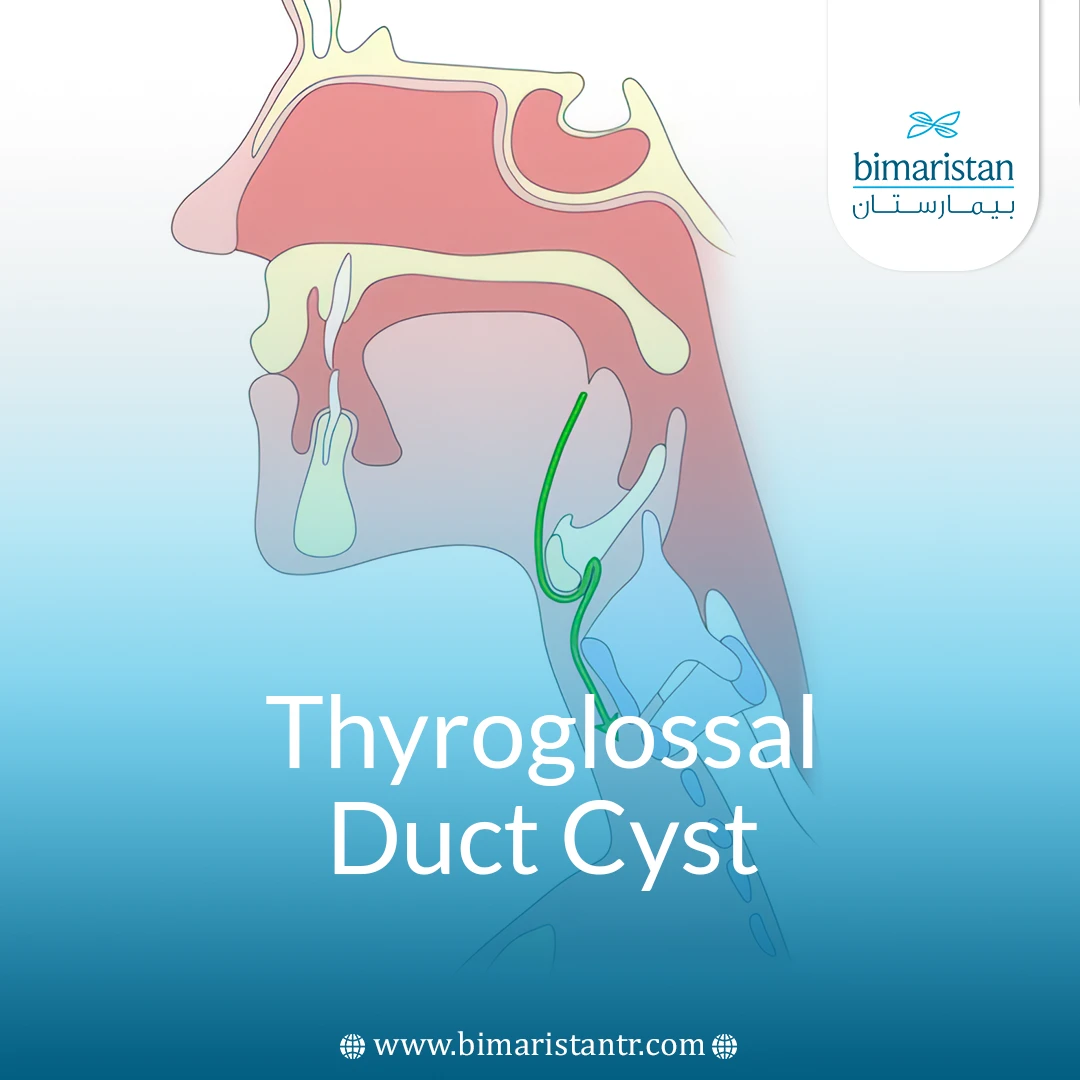
Otorhinolaryngology
Turkey has made significant progress in using minimally invasive and robotic techniques for ear, nose, and throat (ENT) surgery procedures. The high success rates of ENT surgeries in Turkey can be attributed to the intensive training and experience of Turkish surgeons and advanced technology and techniques.
Turkish medical institutions are at the forefront of implementing innovative treatments and technologies in Otorhinolaryngology surgery. This includes using endoscopic procedures for sinus surgeries and advanced laser treatments for Otorhinolaryngology conditions.
Turkish medical centers adopt a patient-centered approach, ensuring patients receive a thorough diagnosis and comfortable stay throughout their treatment journey. This includes personalized care plans, comprehensive consultations, and detailed follow-up after ENT surgeries.
Prominent Otorhinolaryngology (ENT) Surgeries in Turkey
ENT surgeries in Turkey have developed and specialized such that each part of this area has its integrated surgery due to the anatomical relationship between the ear, nose, and throat areas:
Nose and Smell Correction Surgeries
- Rhinoplasty: Various forms of external nasal deformities often cause aesthetic and functional problems for the patient. These include bony protrusion on the nasal bridge, deviated nose, and drooping nasal tip. The surgical technique can either be open, with a small incision on the nasal columella that heals without leaving a scar or closed, with the incision made inside the nose, leaving no visible scar.
- Septoplasty: This procedure corrects and straightens the nasal septum under general anesthesia. A small incision is made at the entrance of the nose; the nasal mucosa is dissected to reach the septal cartilage and bone, which are then straightened. To achieve optimal breathing, the inferior nasal turbinates are often reduced simultaneously.
- Functional Endoscopic Sinus Surgery (FESS): This surgery, performed using an endoscope, is now primarily used to treat sinusitis. The incision is made inside the nose, and absorbable nasal packing prevents bleeding post-surgery. The nasal mucosa is cared for with ointments and nasal steam treatments.
- Polypectomy: This procedure removes nasal polyps that may obstruct breathing or cause a loss of smell.
- Adenoidectomy: Performed under general anesthesia using a self-retaining mouth gag, the risk of postoperative bleeding is rare, allowing patients to leave the hospital the same day. Often, this surgery is done alongside tympanostomy and ventilation tube insertion due to their anatomical connection.
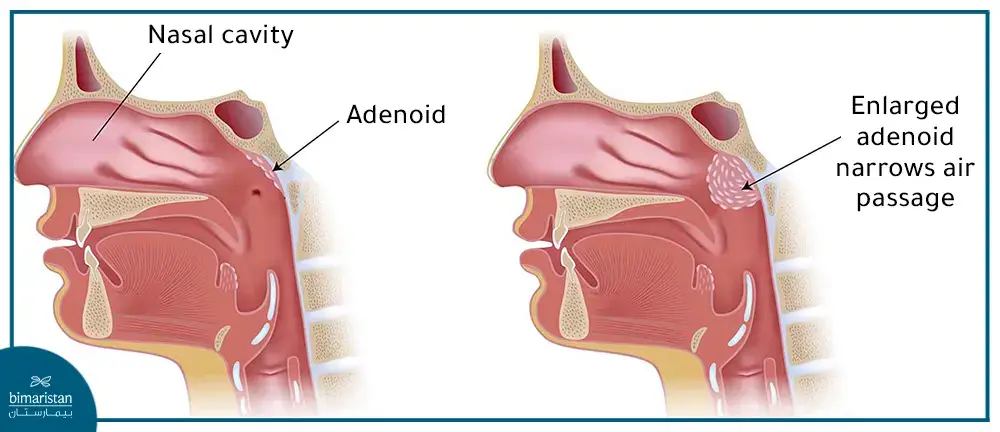
Tonsillectomy
Tonsillectomy is indicated for recurrent tonsillitis. The surgical procedure lasts 20 – 30 minutes, as the tonsil is practically peeled from its housing and removed. Bleeding following tonsillectomy is considered one of the most common surgical complications, so the patient is monitored in the hospital for five days after surgery.
Sometimes, a portion of the tonsils is removed. In this case, the risk of postoperative bleeding is less than that of a complete tonsillectomy. Partial tonsillectomy is indicated when the child suffers from enlarged tonsils without an accompanying inflammatory condition.
Middle Ear Surgery
Middle ear surgeries aim to correct issues to improve hearing and treat chronic ear infections, including:
Tympanostomy and Ventilation Tube Insertion
This procedure treats eustachian tube dysfunction, which causes fluid buildup behind the eardrum and leads to hearing loss. A small incision is made in the eardrum, which typically heals in 5-7 days, and a ventilation tube may be inserted for prolonged middle ear aeration.
Cochlear Implant Surgery
Cochlear implants can significantly improve hearing for patients with severe hearing loss who are unresponsive to traditional hearing aids. The implant electronically stimulates the auditory nerve, enabling sound perception.
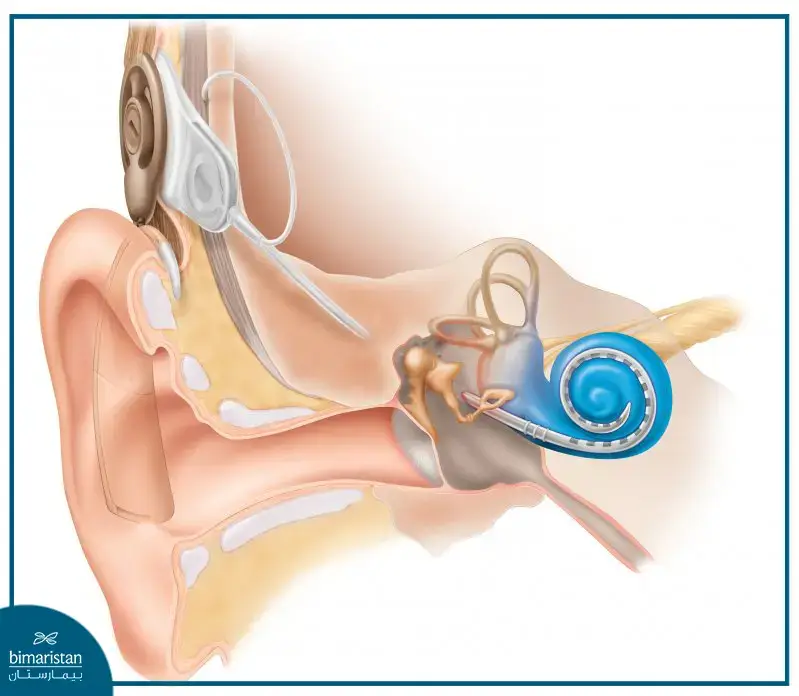
Hearing Improvement with Electronic Aids
Patients with severe hearing loss or deafness struggle with daily communication, and children with congenital or early-acquired deafness cannot learn language without hearing aids, leading to social and functional issues. Surgical options and modern hearing aids can help.
Laryngeal and Voice Disorder Treatments
Otorhinolaryngology centers in Turkey offer a range of medical and surgical treatments for laryngeal and vocal cord disorders, including:
Microlaryngoscopy
A surgical procedure allows the doctor to view the vocal cords using an endoscope and correct laryngeal movement disorders. It also widens laryngeal and tracheal stenosis, removing nodules, polyps, or tumors from the vocal cords.
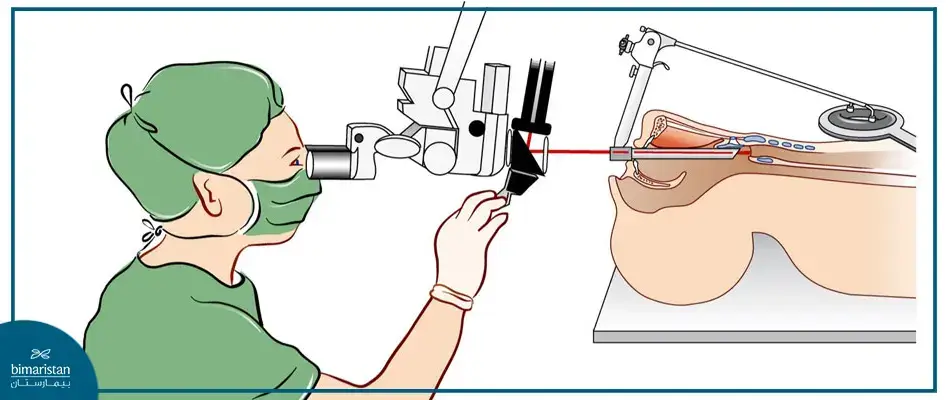
Medialization Laryngoplasty
This procedure improves the structure of the vocal cords to enhance vibration and sound production. Glottic insufficiency, which affects breathing, swallowing, and voice, may be treated with a permanent silicone implant or temporary filler.
Laryngopharyngeal Reflux Surgery
An endoscopic surgery, Nissen fundoplication, prevents acid reflux by wrapping part of the stomach around the lower esophagus.
Laryngeal Cancer Surgery
There are three main types of surgeries for laryngeal cancer:
- Endoscopic Resection: Used in early-stage cancer, it involves removing cancer with a laser or small surgical tools under general anesthesia.
- Partial Laryngectomy: Removes the affected part of the larynx while preserving vocal cords, allowing the patient to retain speech.
- Total Laryngectomy: This procedure is used for advanced cancer. It removes the entire larynx, including vocal cords, requiring alternative speech methods.
Post-Surgical Care and Vocal Rehabilitation
Post-surgical care and vocal rehabilitation are crucial for full recovery and improved vocal function. This includes:
- Direct medical care: Monitoring wounds, taking prescribed medications, and avoiding activities that could harm surgical areas.
- Voice therapy: Sessions with a voice specialist to improve speech and strengthen vocal cords.
- Laryngeal physical therapy: Techniques like vocal exercises and breathing therapy to enhance healing and voice quality.
Effective follow-up and meticulous post-surgical care ensure successful outcomes and quick recovery, helping patients regain daily functionality.
Top Hospitals for Otorhinolaryngology Surgery in Turkey
Turkey boasts numerous prestigious hospitals specializing in Otorhinolaryngology surgery, including:
- Medipol Mega University Hospital
- Memorial Hospital (Şişli)
- Yenimahalle Training and Research Hospital
- Bağcılar University Hospital
Renowned Otorhinolaryngology Surgeons in Turkey
Turkey is home to numerous specialized Otorhinolaryngology surgeons, such as:
- Prof. Dr. Hakan Korkmaz
- Dr. Sezer Külekçi
- Dr. Ömer Faruk Önal
- Dr. Özkan Öztürk
Estimated Cost of Otorhinolaryngology Surgery
The cost of Otorhinolaryngology surgeries in Turkey varies based on the treatment method, duration, and pre-and post-treatment examinations. It ranges from $3,000 to $7,000, a modest amount compared to costs in some European and American countries.
Turkish medical institutions have distinguished medical teams and the latest equipment, putting them at the forefront of providing integrated health care. Thanks to technological advancement and great attention to quality healthcare, Turkey remains a preferred destination for patients seeking effective and advanced treatments for ear, nose, and throat problems, which contribute to improving their quality of life and fully restoring their health.
